Description
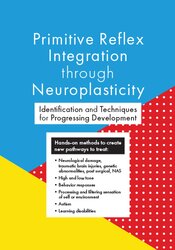
-
Karen Pryor – Primitive Reflex Integration through Neuroplasticity
- Faculty:
- Karen Pryor
- Duration:
- 6 Hours 4 Minutes
- Format:
- Audio and Video
- Copyright:
- May 17, 2019
Description
In this interactive recording, improve treatment for your clients by discovering the link between primitive reflexes and development. Learn to evaluate the influence of primitive reflexes with central nervous system developmental stages, as it relates to function.
Practice simple techniques to immediately add to your treatment sessions, leading to increased developmental success:
- Behavioral Challenges
- Learning Disabilities
- Neurological Deficits
- Sensory Processing Problems
- Autism
- ADHD
Handouts
| Manual – Primitive Reflex Integration through Neuroplasticity (12.3 MB) | 62 Pages | Available after Purchase |
Outline
PRIMITIVE REFLEX OVERVIEW
- Brain development
- Brain stem
- Mid brain
- Cerebellum Cortex
- Occipital Lobe
- Temporal Lobe
- Parietal Lobe
- Frontal Lobe
- Evaluation and demonstration of Primitive reflexes
- How retained reflexes act on developmental milestones
- Reasons for primitive reflex retention or re-emergence
- How primitive reflexes interfere with higher level skills – Reading, writing, sensory processing
PRIMITIVE REFLEXES COVERED IN DETAIL
- Palmar Grasp
- Plantar Grasp
- Symmetrical Tonic Neck
- Asymmetrical Tonic Neck
- Tonic Labyrinthine Reflex
- Moro Reflex
- Extension synergy
- Flexion synergy
Hands-On Activities
- Disarming the strength of primitive reflexes
- Palmar grasp
- Plantar grasp
- Asymmetrical Tonic Neck
- Symmetrical Tonic Neck
- Moro Reflex
Case Studies
- 17 year-old anoxic male integration of brain stem functions, cranial nerves, midbrain to regain cortical functions without over riding primitive reflex patterns
- 8 month-old with stroke at birth, cortical vision impairment, involvement of bilateral hemispheres and symmetrical tonic neck reflex. Integration of reflexes, gained vision abilities.
- 1 year-old hemisphere stroke. Asymmetrical Tonic Reflex integrated and able to walk and run.
- Genetic non-myelination and smooth brain 9 month-old female with tone abnormalities, Tonic Labyrinthine Reflex. Integration and neuroplasticity therapy techniques resulted in ability to walk with rolling walker, count to 20 English, 10 in Spanish, name the months of the year and days of the week.
Faculty

Karen Pryor, PhD, PT, DPT Related seminars and products: 12
Health Sphere Wellness Center
Karen Pryor, Ph.D., PT, DPT, has a doctorate in physical therapy and has practiced for over 40 years in the field. Dr. Pryor is the owner of Health Sphere Wellness Center, an integrative therapy clinic in Tennessee. Involved with early intervention in the birth-three population for over 30 years, she has developed neuroplasticity techniques that are used in a wide variety of settings, including homes, childcare centers, and school systems, to advance pediatric therapy programs. She is the author of Ten Fingers Ten Toes Twenty Things Everyone Needs to Know.
Dr. Pryor serves on several boards, including the Leadership Interagency Council for Early Intervention, (2014-2024), a position to which she was appointed by Tennessee Governor Bill Haslam and Governor Bill Lee. In 2010, she received the President’s Volunteer Service Award for her contributions to the advanced treatment of children from President Barack Obama. In addition to her work with children, Dr. Pryor has served as an adjunct professor at the Tennessee State University Occupational Therapy School, and in the Volunteer State Community College Physical Therapy Assistant program. She is a clinical instructor for several universities and colleges. With her years of experience and passion for complete wellness, Dr. Pryor advances a more expansive view of how to integrate therapy throughout the lifespan by using COMPASS neuroplasticity techniques.
Speaker Disclosures:
Financial: Karen Pryor is owner of Health Sphere Wellness Center. She receives a speaking honorarium from PESI, Inc.
Non-financial: Karen Pryor serves on the Leadership Interagency Council for Early Intervention board.
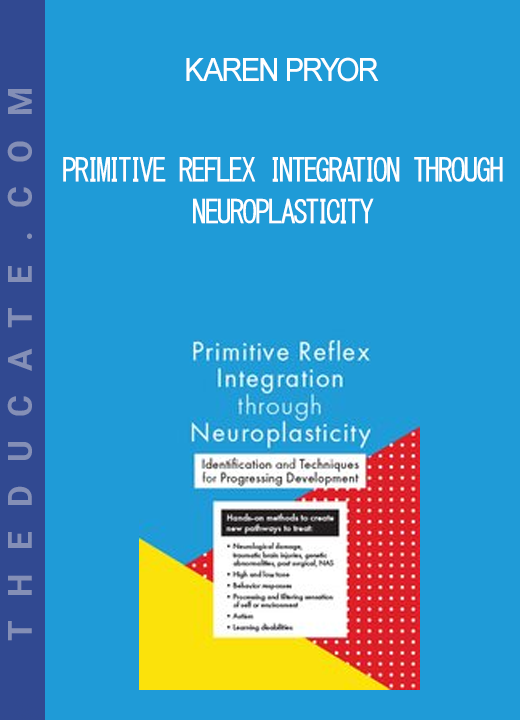

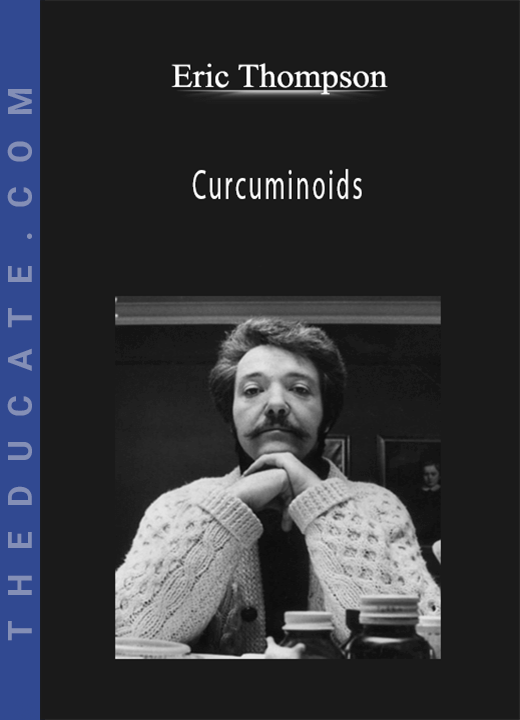

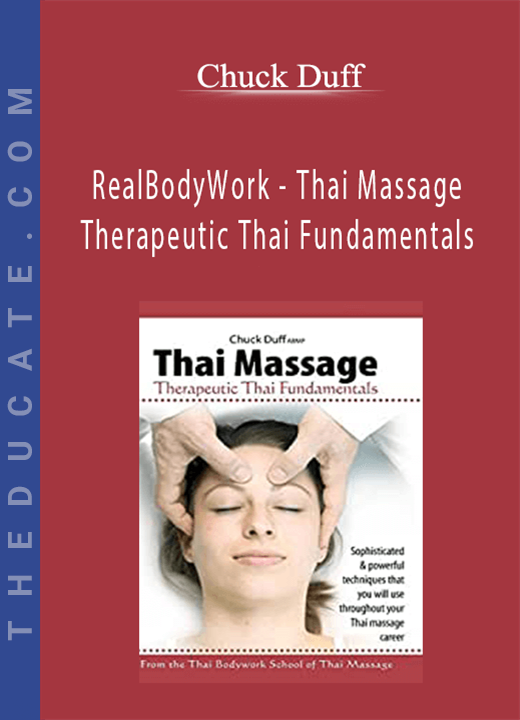
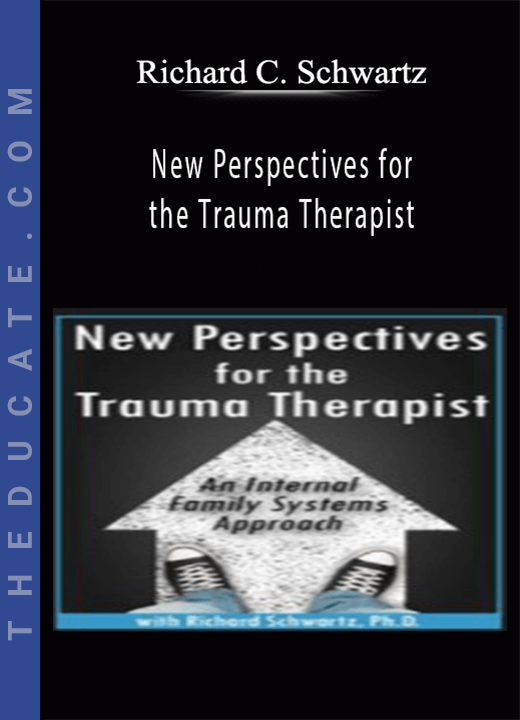
Reviews
There are no reviews yet.